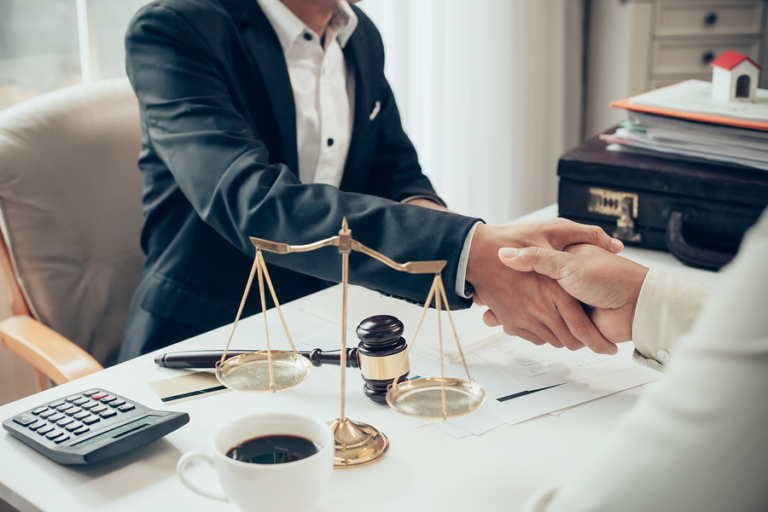We all know that running a red light is not only dangerous, but also illegal. Throughout Florida, red light cameras have become one way for individuals who run red lights to be held accountable through red light camera citations. But in addition to holding drivers accountable by issuing traffic citations, these cameras often provide critical evidence in personal injury cases when a person has been injured in an accident caused by a driver who ran a red light.
Under Florida Mark Wandall Traffic Safety Act which was enacted in 2010, cities and counties in Florida have been using these cameras to catch images of red light runners throughout the state. They were first utilized at primary intersections in the mid-2010’s, but then gradually became more commonplace, now appearing at nearly every main intersection in major cities in Florida.
Red light cameras automatically photograph motor vehicles that unlawfully run red lights. They can also record up to 12 seconds in video footage to further confirm a violation. These cameras use sensors that monitor the flow of traffic right before a crosswalk or a stop sign. When the camera is triggered by a car running the light, it will record the license plate number of the car. If there is clear evidence that the car ran the light, a civil citation of $158 is issued to the registered owner of the car.
One of the Primary Causes of Traffic Accidents
Red light runners are one of the primary causes of serious car accidents and fatalities throughout the United States. Consider the data:
- Fatalities due to drivers who run red lights are now increasing at three times the rate of other causes of traffic fatalities.
- More injuries happen in car accidents involving a driver who has run a red light than any other type of accident.
- These accidents account for approximately 90,000 car accidents each year across the nation.
And according to Verra Mobility, the transportation company that provides most of the red light camera monitoring systems throughout our state, the state of Florida has the worst traffic light violators in the country.
But red light cameras have not been wholly embraced, with many legal opponents raising constitutional issues about their usage because drivers were being ticketed based on information provided by outside vendors. The Florida Supreme Court upheld their legality in 2018, however, allowing for their continued use. While these cameras have been legally controversial, they have proven an invaluable resource in many personal injury claims.
How Red Light Cameras Can Offer Critical Evidence in a Personal Injury Case
For individuals who have been injured in an accident caused by someone who ran a red light, these images and video can provide critical evidence when fault needs to be established or the other driver is denying fault or blaming other drivers.
It will capture the driver’s license plate as they are running the light and driving off. If there are multiple cameras at each intersection, the footage can reflect multiple angles of the crash. It can also be instrumental in showing the force of the crash, as further evidence of how fast the at-fault driver was traveling.
Red light camera video can be critical evidence in a personal injury claim seeking compensation for damages. But this evidence can only be requested for up to 30 days after the accident and sometimes less. Consequently, it is important for the injured party to request this crucial piece of evidence as soon as possible.
Negligence and Personal Injury Claims
Proving that the individual who hit and injured you was negligent is one of the key elements to recovering compensation for your injuries in a personal injury claim. Running a red light is not only unlawful, but it is considered negligence under the law.
If you have been injured in a car accident by someone who ran a red light, you should get the assistance of a skilled Boca Raton car accident attorney who can help you secure important evidence to support your claim. At Ged Lawyers, LLP, we have dedicated our practice to diligently fighting for the rights of the victim. Call us at (561) 562-4170 or contact us through our online contact form to schedule a free consultation to understand your rights.

